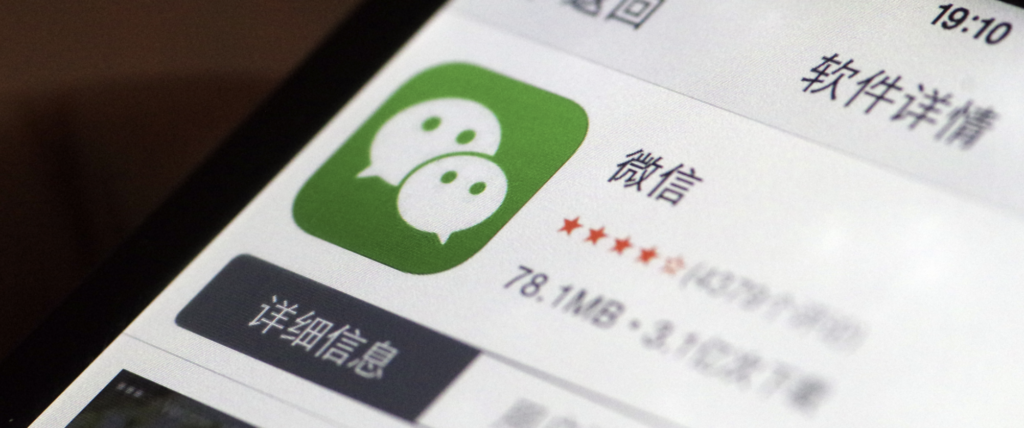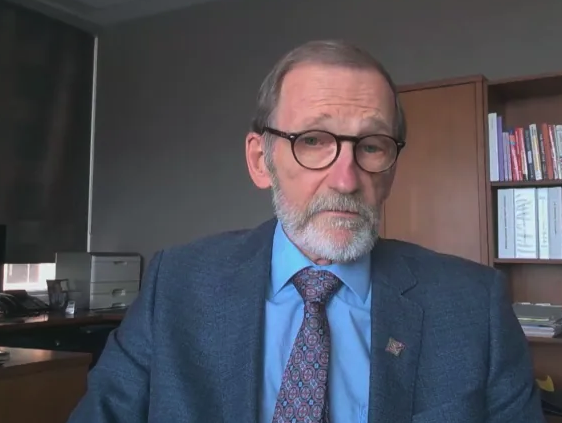On 08 April 2025, Bloomberg reported that Canadian security officials have identified a China-linked influence operation pushing stories about Prime Minister Mark Carney ahead of the country’s April 28 election. The article begins:
Canadian authorities said a China-backed network pushed stories about Prime Minister Mark Carney in a bid to influence the electorate, deciding to go public so voters are aware of the manipulation efforts ahead of an April 28 election. There were “large spikes of coordinated inauthentic behavior” in March launched by an anonymous blog on social media app WeChat called Youli-Youmian, Canada’s Privy Council Office said, citing its Security and Intelligence Threats to Elections taskforce. The government said Youli-Youmian is the most popular news account on WeChat and it’s believed to be linked to the Chinese Communist Party, according to the taskforce, which is comprised of experts from security agencies, the foreign ministry and police…
Read more [paywall]
Key Points
- Canadian security officials identified “coordinated inauthentic behavior” on WeChat from accounts believed linked to China’s Communist Party targeting Prime Minister Carney.
- The Youli-Youmian account, WeChat’s most popular news source, along with 30 smaller accounts, shared both positive and negative content about Carney.
- China’s embassy denied involvement, calling the accusations “absurd and unjustified” while claiming no interest in interfering with Canadian affairs.
- Canadian intelligence officials warned that China, Russia, and Iran will likely use AI-enabled tools to attempt election interference in 2025.
Russian Influence in Canada: Disinformation Campaigns, Electoral Interference, and Strategic Countermeasures
Recent GIOR reports reveal Russia’s persistent efforts to undermine Canadian democracy through disinformation campaigns, election interference, and the exploitation of societal divisions. A report showing that half of Canadians have encountered pro-Kremlin narratives online highlights how claims like “Ukrainian nationalism is neo-Nazi” resonate particularly with right-leaning individuals. Another analysis revealing that 25% of Twitter discourse about Ukraine in Canada amplified pro-Russian messaging found that much of this content originates from U.S.-based influencers. Additionally, a report on foreign interference threats to Canada’s elections highlighted how Russian actors use AI-enabled tools to manipulate public opinion and disrupt democratic processes. These tactics are part of broader Kremlin strategies to polarize societies and weaken Western unity. In response, Canada has implemented countermeasures such as sanctions on Russian entities, public education campaigns debunking disinformation, and collaboration with international partners to monitor and expose malign activities.
References:
-
Russian disinformation fogs up view of Ukraine war for Canadians
-
An existential threat: Disinformation ‘single biggest risk’ to Canadian democracy
Disclaimer: The Global Influence Operations Report (GIOR) employs AI throughout the posting process, including generating summaries of news items, the introduction, key points, and often the “context” section. We recommend verifying all information before use. Additionally, images are AI-generated and intended solely for illustrative purposes. While they represent the events or individuals discussed, they should not be interpreted as real-world photography.












